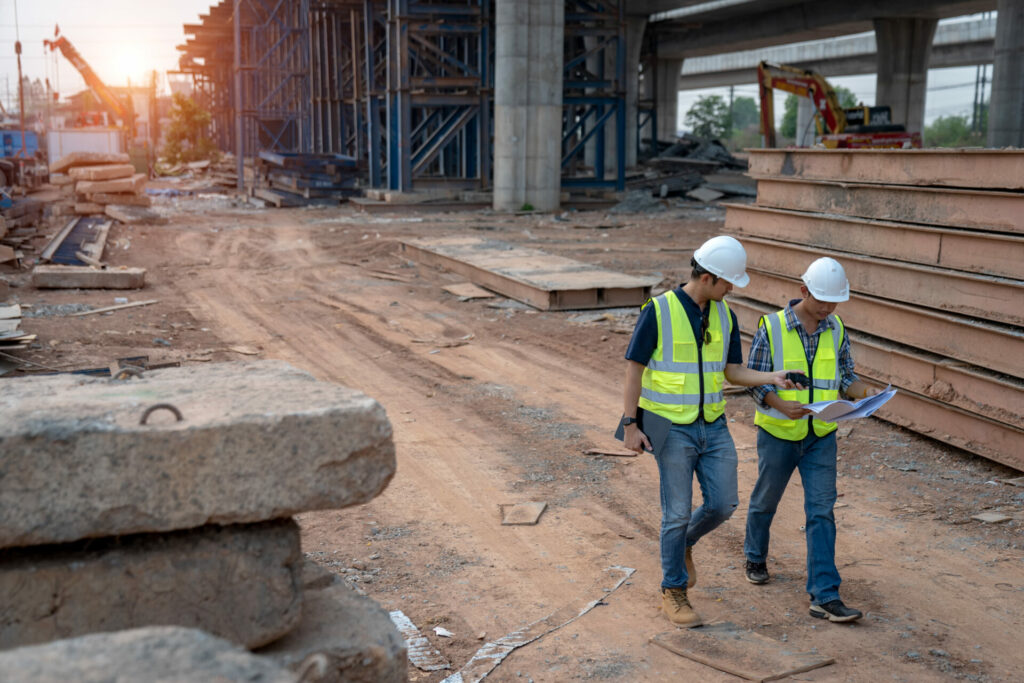Average annual salaries in the Greater South East are £12,800 higher – and in London nearly £20,000 higher – than in places with the lowest pay such as Burnley, Huddersfield and Middlesbrough, according to the ‘Cities Outlook 2025’.
This means that by August, the average worker in London has earned what the average worker in Burnley will take a year to earn.
The pay divide primarily results from some cities having more ‘cutting edge’ private sector jobs and businesses than others.
Places with the highest pay – such as London and Cambridge – have more than twice as many cutting-edge firms and three times as many cutting-edge jobs, in sectors like biotech and artificial intelligence (AI), as low pay places such as Burnley, Huddersfield and Middlesbrough.
In ‘Cities Outlook 2025’, the Centre for Cities urged the Government to follow through on its economic policy programme – including English devolution, the industrial strategy, and planning reforms.
Out of the 63 largest towns and cities, nearly all of those with above-average salaries for the UK were found in the Greater South East, including Reading and Milton Keynes.
Just seven places in the rest of the country had salaries above the UK average – Leeds, Warrington, Derby, Swindon, Bristol, Aberdeen and Edinburgh.
Centre for Cities called for evidence-based assessments on the weaknesses in local economies, prioritising work in high-skill over high street activity and investing in fundamentals – such as skills, transport and workspace.
‘Cities Outlook 2025’ also emphasised the importance of implementing proposed changes to the national planning system to make housing delivery easier and quicker.
Lowering housing costs is a challenge for cities and large towns with high wages, including London and most places in the Greater South East: half of the 10 places with the highest average wages also ranked in the 10 least affordable housing markets.
Andrew Carter, chief executive of Centre for Cities, said: “The Government is right to identify boosting economic growth for every part of the country as a top priority.
“It is the only sustainable route to higher wages.
“But the stark nature of Cities Outlook’s findings shows an incremental approach is not going to be enough.
“Boldness, urgency and scale are crucial. 2025 needs to be year for delivery, particularly on the Government’s Industrial Strategy, framework for English devolution and its reforms to planning.
“Bold changes to planning rules can deliver more housing in the most expensive places and in our big cities, where it’s needed most.
“The Industrial Strategy must prioritise growing the cutting edge of the economy, and avoid calls to do something for all sectors and industries.
“And English devolution needs to be fast-tracked so more places, particularly the big cities, have the powers and resources to deliver the pay increases that many parts of the country badly need.
“This Government has promised more money in people’s pockets.
“If people across the country are going to earn more by the end of the parliamentary term, then 2025 is year we need to see action and progress on the Government’s growth ambition.”

















